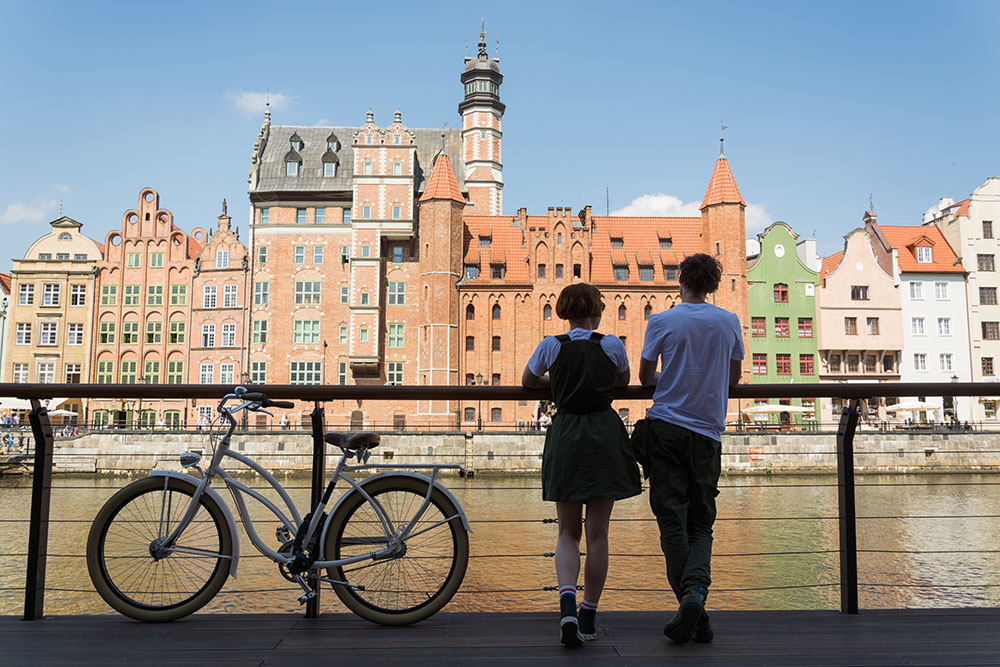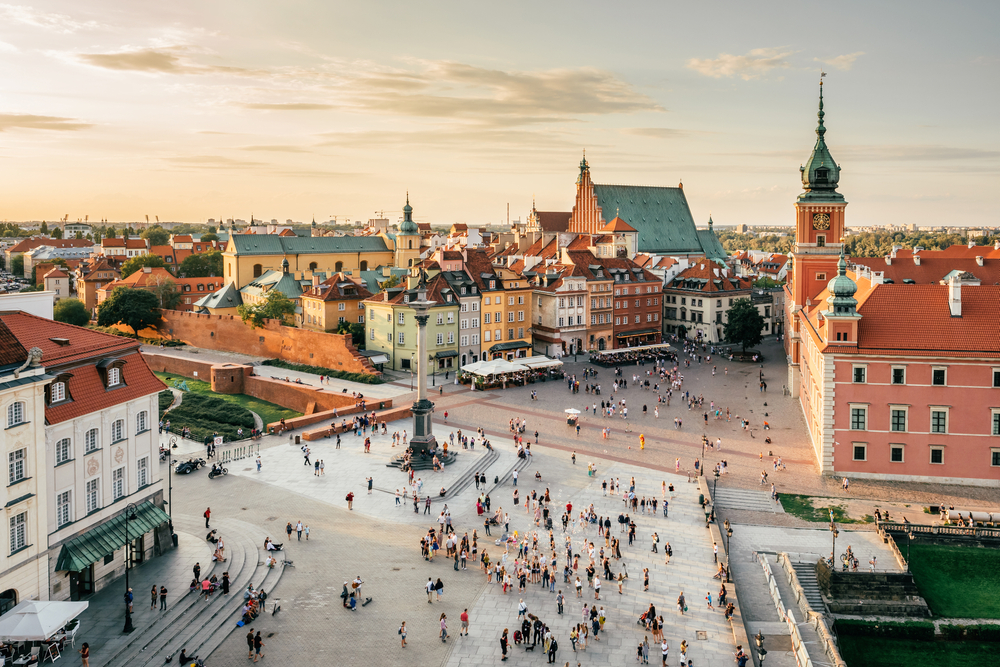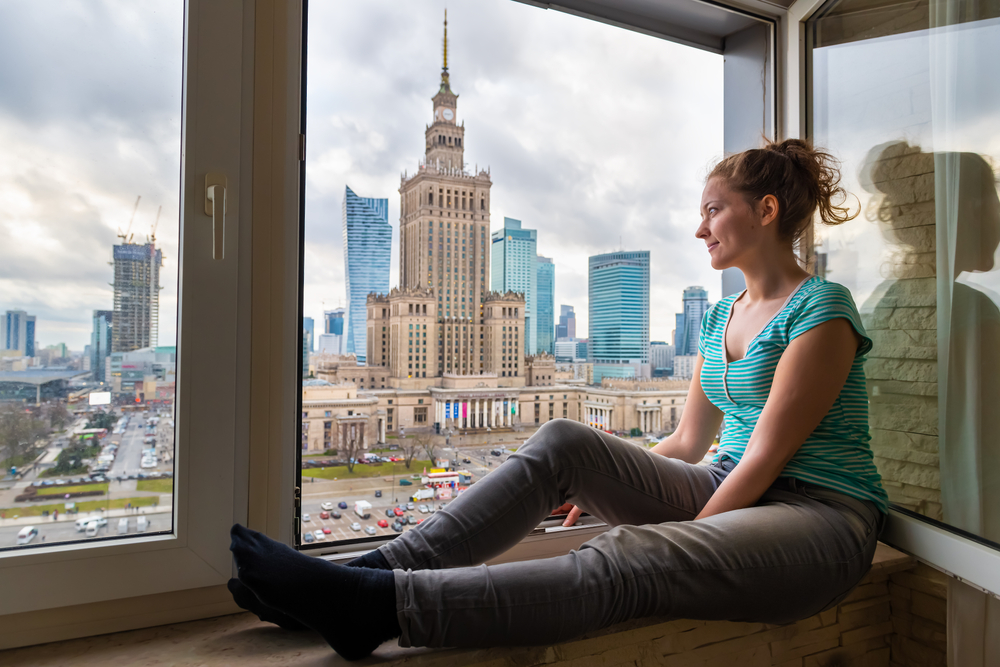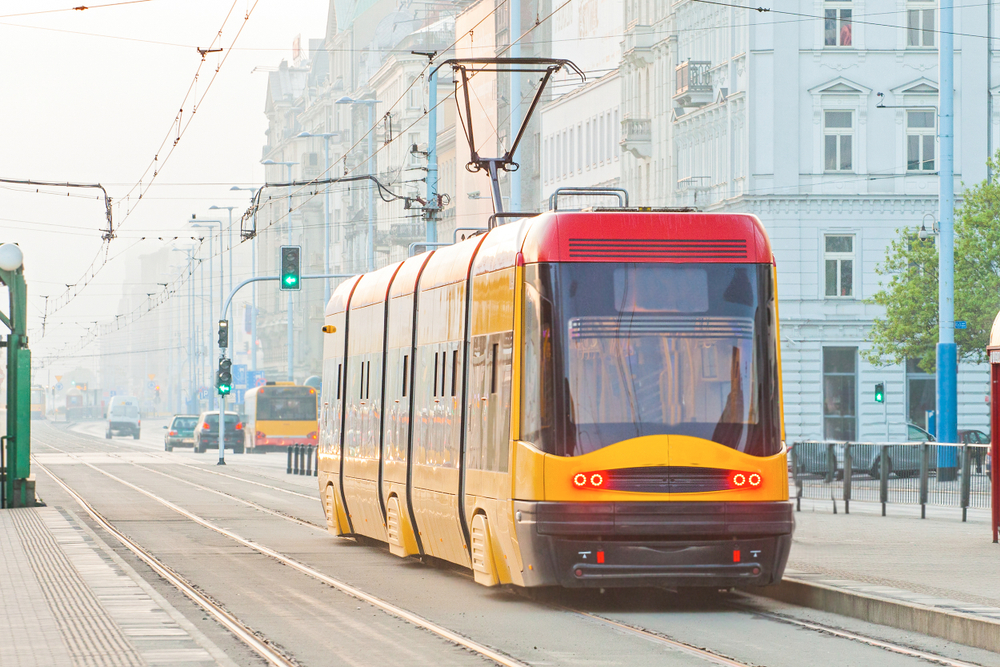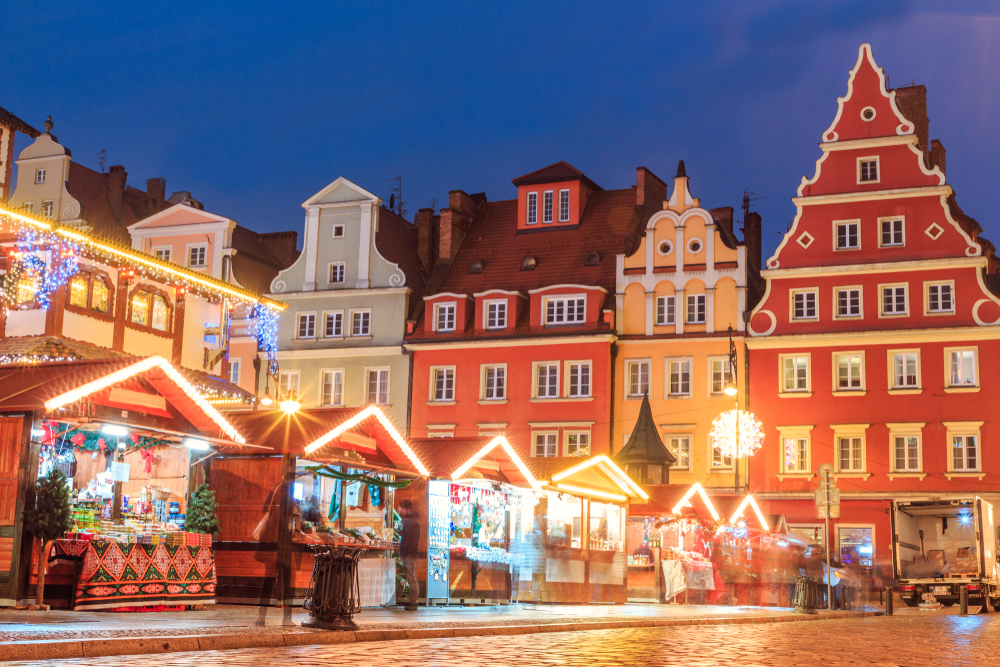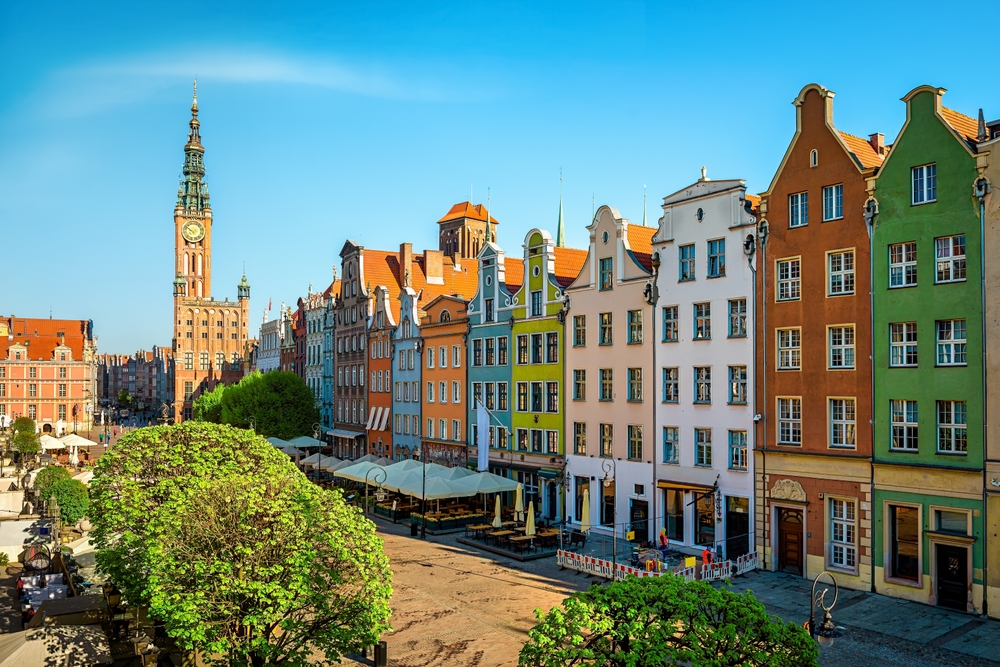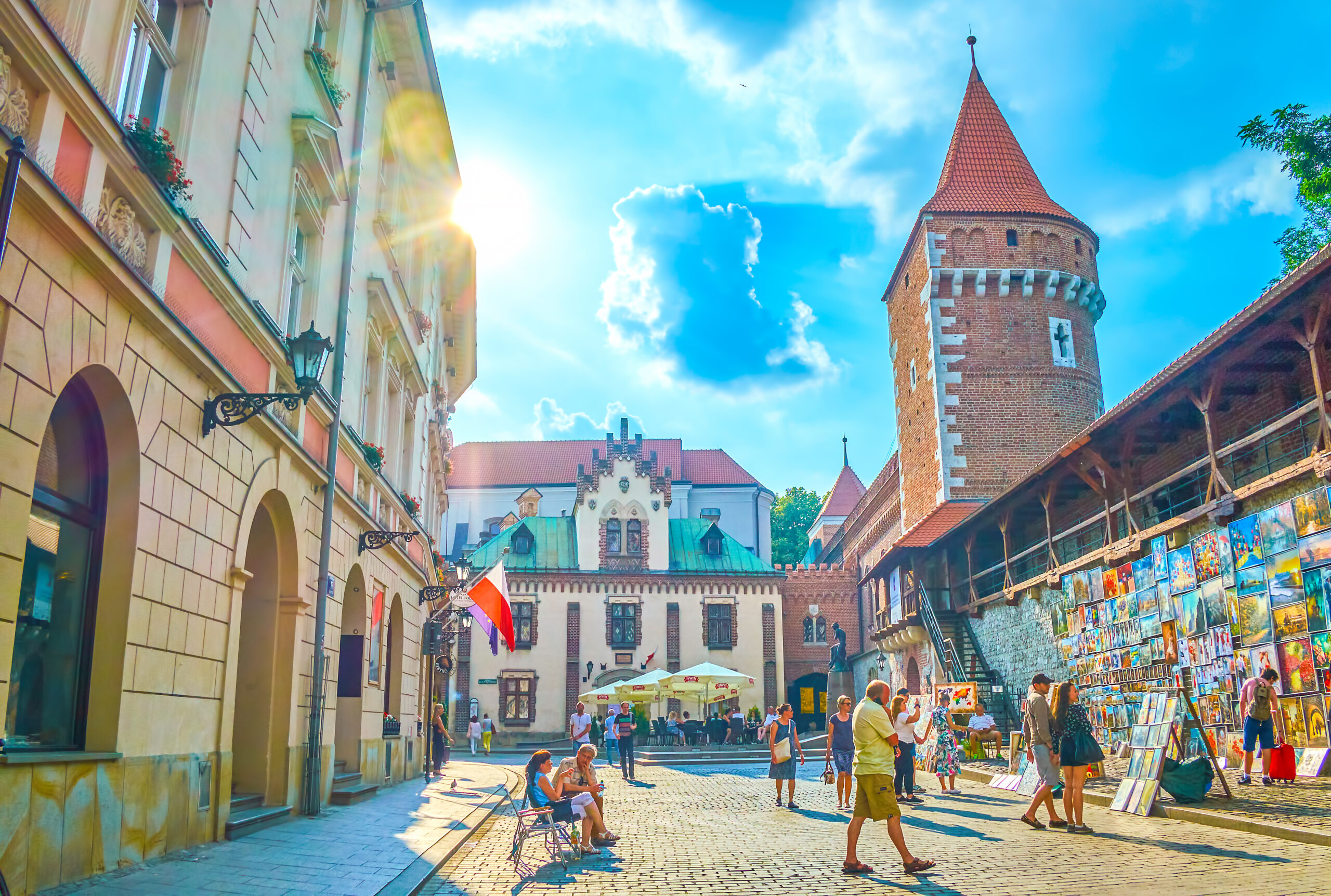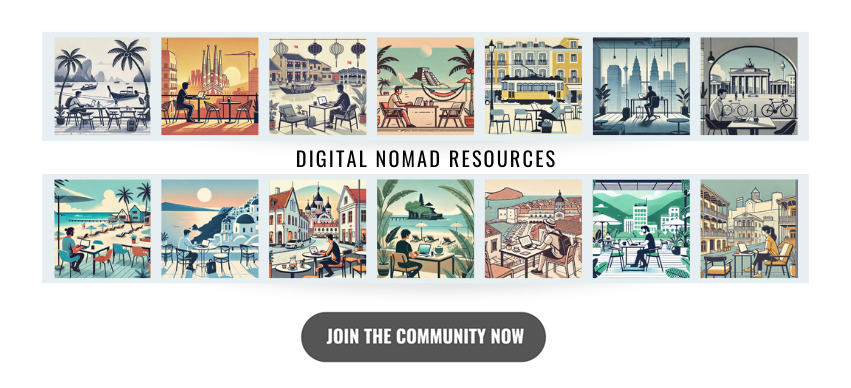Poland may not be the first country that comes to mind when planning a remote work lifestyle—but maybe it should be. With high-speed internet, low cost of living, a growing coworking culture, and one of the best train systems in Europe, Poland offers a compelling, under-the-radar base for digital nomads. Add in charming cities, hearty cuisine, and deep-rooted history, and it’s no wonder more remote workers are discovering what this Central European gem has to offer.
Quick Answer
Poland doesn’t have a dedicated digital nomad visa yet, but nomads can stay for up to 90 days visa-free (for most nationalities) or apply for long-stay national visas (Type D) tied to business, study, or freelance work. Monthly costs range from $1,000 to $2,000, depending on the city. Reliable Wi-Fi, vibrant cities like Kraków and Warsaw, and proximity to the rest of Europe make Poland a smart, affordable choice for remote professionals.
Table of Contents
Poland’s Visa Options for Digital Nomads
Visa-Free Stays
- Who qualifies: U.S., Canada, UK, Australia, and most EU countries
- Duration: 90 days in a 180-day period (Schengen rules)
- Work legality: Not officially for remote work, but tolerated if for foreign companies
Type D National Visa
- Duration: Up to 1 year
- Purpose: Business, study, freelance, or family reunification
- Path to residency: Can convert to temporary residence permit (karta pobytu)
- Documents needed: Purpose of stay, proof of income, accommodation, insurance
- Cost: ~$80-120 depending on consulate
Freelancer Route
Poland doesn’t yet offer a “freelancer visa,” but registering as a sole proprietor (działalność gospodarcza) and applying for a residence permit is possible for longer stays.
Why Choose Poland for Remote Work
Cultural and Lifestyle Appeal
- Medieval cities, forested countryside, and Baltic beaches
- A blend of old-world charm and modern convenience
- UNESCO heritage sites, WWII history, and vibrant cultural festivals
- Excellent food culture: pierogi, żurek, and endless bakeries
Affordability and Value
- Much cheaper than Western Europe
- $1 USD = ~4 PLN (Polish Zloty)
- Full meals under $10, rent from $400/month in most cities
- Intra-EU train and bus travel is extremely affordable
Location and Travel Access
- Central Europe hub with budget flights to nearly every major city
- Easy train access to Berlin, Prague, Vienna, Budapest, and the Baltics
- Schengen access for side trips and visa runs
Top Cities and Destinations
Kraków: The Cultural Capital
- Stunning old town, castle, and cafe culture
- Vibrant student and international community
- Dozens of coworking spaces like Hub:raum, Cluster, and Yolk
- Easy access to nature (Tatra Mountains, Zakopane)
Estimated Monthly Cost:
- Budget: $1,000–1,300
- Mid-range: $1,400–1,800
- Luxury: $2,200+
Warsaw: The Business and Startup Hub
- Poland’s capital with a cosmopolitan vibe
- Fastest internet speeds and strongest infrastructure
- Active entrepreneur and tech scene
- Great mix of history, nightlife, and modern comforts
Estimated Monthly Cost:
- Budget: $1,100–1,400
- Mid-range: $1,500–2,000
- Luxury: $2,500+
Wrocław: The Hidden Gem
- Picturesque riverside city with colorful architecture
- Young, creative scene with lots of festivals and indie cafés
- Great for digital nomads who want charm without crowds
Estimated Monthly Cost:
- Budget: $900–1,200
- Mid-range: $1,300–1,700
- Luxury: $2,000+
Gdańsk: The Baltic Base
- Port city with maritime history and sea breezes
- Close to Sopot beaches and ferry access to Scandinavia
- Milder summers, snowier winters—perfect for seasonal stays
Estimated Monthly Cost:
- Budget: $1,000–1,300
- Mid-range: $1,400–1,800
- Luxury: $2,200+
Cost of Living Breakdown
|
Expense |
Kraków |
Warsaw |
Wrocław |
Gdańsk |
|
Rent (1BR) |
$400–800 |
$500–900 |
$350–750 |
$400–800 |
|
Food & Dining |
$250–400 |
$300–450 |
$250–400 |
$280–450 |
|
Transport |
$30–60 |
$40–70 |
$25–50 |
$30–60 |
|
Utilities & WiFi |
$80–120 |
$100–140 |
$70–110 |
$80–130 |
|
Coworking |
$100–200 |
$120–250 |
$90–180 |
$100–200 |
|
Leisure & Gym |
$100–200 |
$120–250 |
$100–180 |
$100–200 |
|
Total |
$960–2,000 |
$1,100–2,300 |
$940–1,900 |
$990–2,100 |
Internet and Work Infrastructure
- Average Wi-Fi speed: 70–150 Mbps
- Mobile data: 5G coverage expanding; prepaid SIMs from ~$10/month
- Coworking scene is growing—many with English-speaking communities
- Best cities for connectivity: Warsaw > Kraków > Wrocław > Gdańsk
Top Coworking Chains:
- Business Link
- Mindspace
- Regus
- Brain Embassy
- Cluster
Legal and Practical Considerations
- Stay Legal: Overstaying a Schengen visa = fines, bans. Respect 90/180-day rule.
- Taxes: If you stay over 183 days, you may owe tax on global income. Consider speaking to a Polish accountant.
- Freelancers: Can register for a PESEL (national ID) and business license if long-term
- Banking: Revolut and Wise work well. Opening a local account may require a residence permit.
- Currency: Polish Zloty (PLN) – cash is still common, but cards widely accepted
Healthcare and Safety
- Healthcare quality: High—especially in urban areas
- Costs: Doctor visits ~$30–50; emergencies handled efficiently
- Insurance: EU nomads may use EHIC; others should get private coverage
- Safety: Low violent crime; common sense needed for petty theft in tourist areas
- Pharmacies: Widely available; many speak English
- Emergency number: 112
Cultural Integration and Language
- Language: Polish is tough, but basic phrases go a long way
- English fluency: High among young adults, university students, and urban workers
- Social customs: Direct communication, strong coffee, and always take your shoes off indoors
- Public behavior: Respect WWII history, avoid political debate unless invited
- Traditions to explore: Pierogi-making classes, folk dance, Easter markets, and name-day celebrations
Challenges to Consider
- Language barrier outside cities
- Cold, dark winters—but cozy cafes and Christmas markets help
- Bureaucracy: Polish paperwork can be slow and frustrating
- Short-term visa limitations
- Cultural reserve: Locals may seem formal at first—but friendships are deep once formed
FAQs
Can I stay in Poland long-term as a digital nomad?
Yes—with the right visa. Start with a 90-day stay, then consider a Type D visa for business, study, or freelance work.
Is Poland safe for solo travelers?
Very. Low violent crime, reliable transport, and welcoming locals.
What’s the best city in Poland for digital nomads?
Kraków for culture, Warsaw for business, Wrocław for charm, and Gdańsk for seaside vibes.
Do I need to speak Polish?
Not necessarily—but learning a few words helps with daily life and local warmth.
How’s the Wi-Fi?
Excellent in cities. Coworking spaces are abundant and affordable.
Final Thoughts
Poland might not scream “digital nomad paradise” the way Bali or Lisbon does—but maybe that’s the point. This is a place where the pastries are cheap, the trains are on time, and your video calls almost never drop. It’s a land of moody winters, warm hearts, and the kind of charm that sneaks up on you.
Whether you’re looking for a base in Europe, a better cost of living, or just a quiet place with fast Wi-Fi and strong coffee, Poland delivers more than you’d expect—and earns a spot on any nomad’s radar.
Ready to make your digital nomad dreams a reality? Download our comprehensive Digital Nomad Visa Guide for detailed requirements and official resources for each destination.
Connect with fellow location-independent professionals by joining our exclusive Sojrn Digital Nomad Community for ongoing support, insider tips, and updates to enhance your borderless lifestyle.
